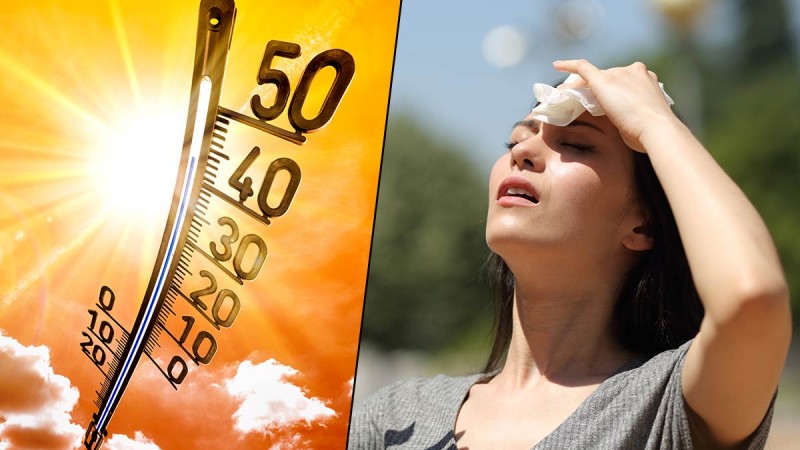
As summer approaches and temperatures soar, the risk of heat-related illnesses becomes a pressing concern. While many people are aware of the dangers of heat stroke during the day, a recent study has shed light on a startling revelation: the risk of heat stroke persists even at night.
The Nighttime Heat Stroke Study
In a groundbreaking study published in the Journal of Applied Physiology, researchers found that the risk of heat stroke remains significant during the nighttime hours, especially in urban areas. The study, conducted over several years, analyzed data from heat-related emergency room visits and hospitalizations.
Uncovering the Nighttime Threat
Contrary to popular belief, nighttime does not always provide relief from the sweltering heat. The study revealed that urban heat islands, caused by the retention of heat in concrete and asphalt, can lead to elevated nighttime temperatures. Combined with factors such as high humidity and poor ventilation, this creates a perfect storm for heat-related illnesses.
Understanding Heat Stroke
Heat stroke occurs when the body's temperature regulation system fails, resulting in a dangerous rise in body temperature. This can lead to severe symptoms such as confusion, rapid heartbeat, and loss of consciousness. Without prompt medical attention, heat stroke can be fatal.
Risk Factors for Nighttime Heat Stroke
Several factors increase the risk of heat stroke, particularly during the nighttime hours:
1. Urban Heat Islands: Urban areas tend to retain more heat, especially at night, increasing the risk of heat-related illnesses.
2. High Humidity: Elevated humidity levels prevent sweat from evaporating efficiently, impairing the body's ability to cool down.
3. Lack of Ventilation: Poor airflow exacerbates the effects of heat, making it harder for the body to dissipate heat.
4. Preexisting Health Conditions: Individuals with preexisting health conditions, such as heart disease or obesity, are more susceptible to heat-related illnesses.
5. Overexertion: Engaging in strenuous physical activity, especially in hot and humid conditions, can increase the risk of heat stroke.
Protecting Against Nighttime Heat Stroke
While the risk of nighttime heat stroke is concerning, there are steps individuals can take to protect themselves:
1. Stay Hydrated: Drink plenty of water throughout the day and avoid excessive alcohol and caffeine, which can dehydrate the body.
2. Dress Appropriately: Wear lightweight, breathable clothing and avoid dark colors that absorb heat.
3. Seek Shelter: During heatwaves, seek shelter in air-conditioned spaces or use fans to improve ventilation.
4. Limit Outdoor Activities: Minimize outdoor activities during the hottest parts of the day and take frequent breaks in shaded or cool areas.
5. Check on Vulnerable Individuals: Keep an eye on elderly individuals, children, and those with chronic illnesses, as they are more susceptible to heat-related illnesses. As temperatures continue to rise, it's essential to remain vigilant against the threat of heat stroke, even during the nighttime hours. By understanding the risk factors and taking proactive measures to stay cool and hydrated, individuals can protect themselves and their loved ones from this silent but deadly threat.
Dengue is caused by the bite of which mosquito?